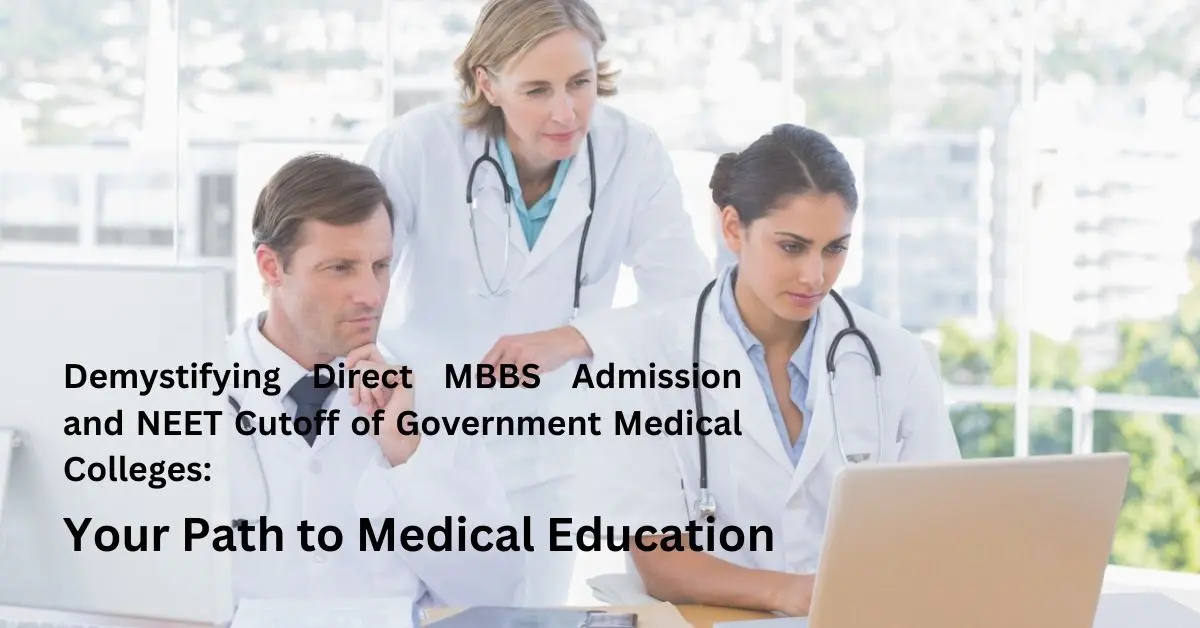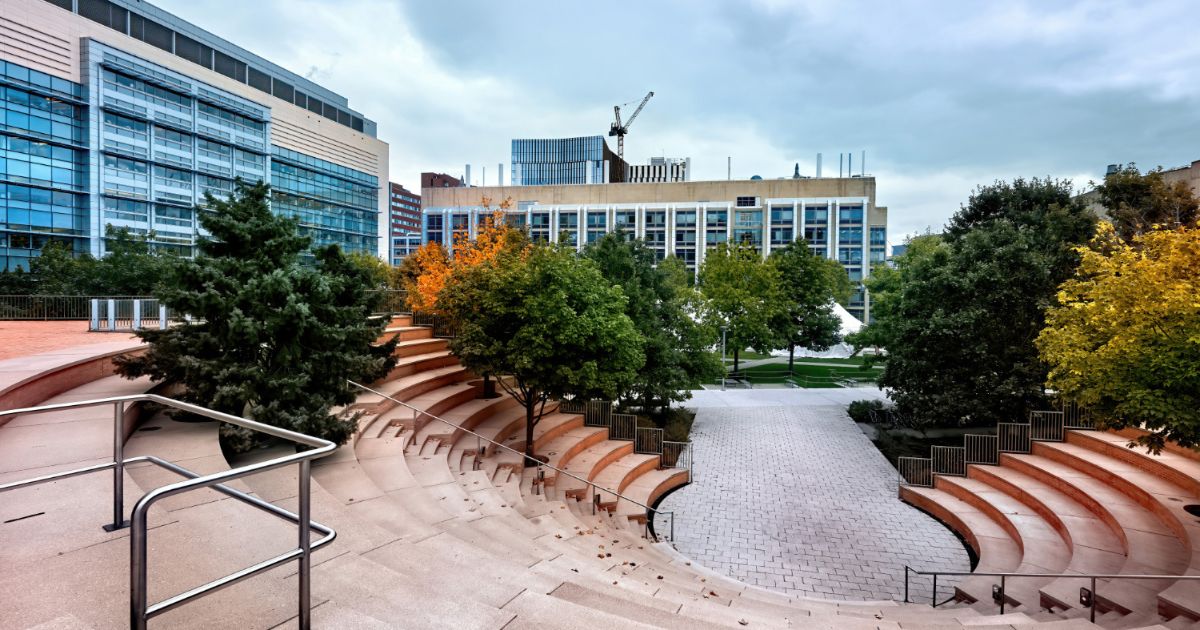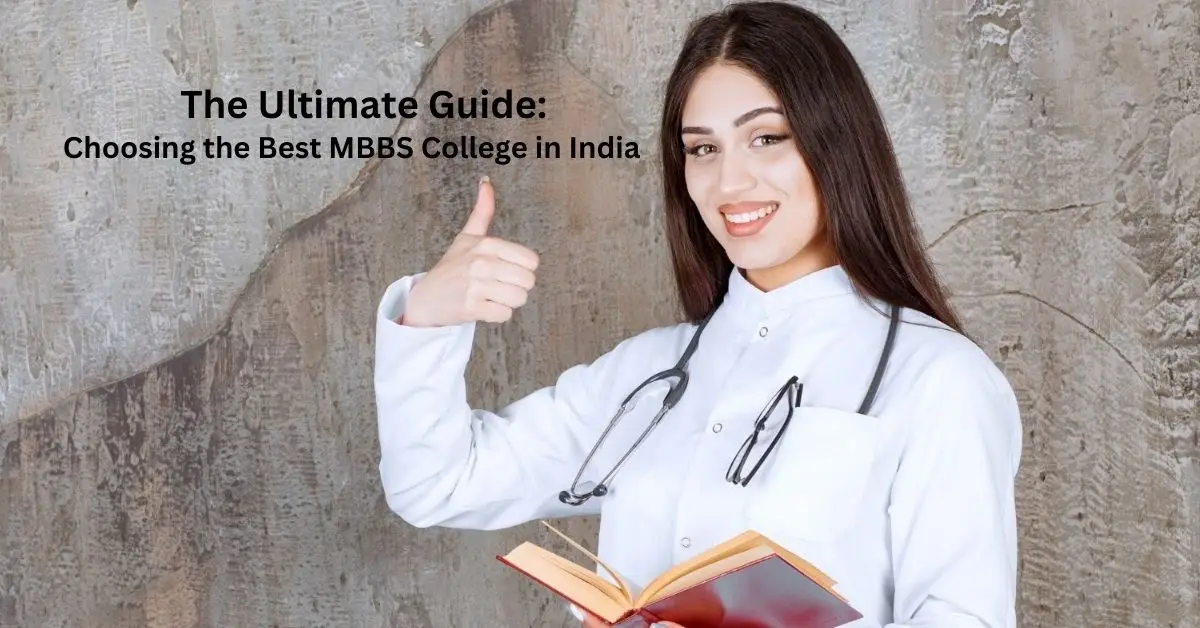Some of the top 10 universities in Russia for MBBS include Lomonosov Moscow State University,…

Demystifying Direct MBBS Admission and NEET Cutoff of Government Medical Colleges: Your Path to Medical Education
The pursuit of a career in medicine is a noble and highly sought-after aspiration for many students in India. To embark on this journey, aspiring doctors need to navigate the complex landscape of medical education, which includes understanding the NEET cutoffs for government medical colleges and the possibility of direct MBBS admission. In this article, we aim to demystify these critical aspects, shedding light on the path to medical education in India.
Understanding the NEET Exam:
The National Eligibility cum Entrance Test (NEET) is the single most important examination for aspiring medical students in India. NEET serves as the gateway to admissions in undergraduate medical courses (MBBS) and dental courses (BDS) in government and private medical colleges across the country. Here’s what you need to know about NEET:
Eligibility Criteria: To appear for NEET, candidates must have completed their 10+2 education with physics, chemistry, and biology as core subjects. They must also meet age and nationality requirements.
Exam Format: NEET is a three-hour, pen-and-paper-based test consisting of multiple-choice questions. It assesses a candidate’s knowledge of physics, chemistry, and biology (botany and zoology).
NEET Cutoffs: Each year, the NEET cutoff scores are determined by the Medical Council of India (MCI) and individual states. These scores represent the minimum marks required to qualify for MBBS or BDS courses.
NEET Cutoffs for Government Medical Colleges:
Government medical colleges in India are highly sought after due to their quality of education and subsidized tuition fees. NEET cutoffs for government medical colleges can vary from state to state and even among colleges. Here are some key points to consider:
State Quotas: A significant percentage of seats in government medical colleges are reserved for students from the respective states. NEET cutoffs for these seats are typically lower than those for the All India Quota (AIQ) seats.
AIQ Seats: AIQ seats are available for students from all over India. Competition for these seats is intense, and NEET cutoffs for AIQ seats are usually higher compared to state quota seats.
Reservation Categories: Government medical colleges have reserved seats for various categories, including Scheduled Castes (SC), Scheduled Tribes (ST), Other Backward Classes (OBC), and Economically Weaker Sections (EWS). NEET cutoffs for reserved categories are typically lower than for general category seats.
Factors Affecting Cutoffs: NEET cutoffs are influenced by factors such as the number of available seats, the difficulty of the exam, and the overall performance of candidates. Cutoffs can vary from year to year.
Direct MBBS Admission:
While NEET is the primary route for admission to medical colleges, some states and private colleges offer direct MBBS admission options. Direct admissions are typically merit-based and may require candidates to meet specific eligibility criteria, such as a minimum score in the 10+2 examination.
It’s important to note that the availability of direct MBBS admission seats and the eligibility criteria can vary significantly from one college or state to another. Aspiring medical students should research and inquire about direct admission options if they meet the necessary criteria.
Conclusion:
Achieving a successful career in medicine in India begins with understanding the importance of the NEET exam and the corresponding cutoffs for government medical colleges. NEET is the primary pathway to pursuing MBBS or BDS courses. Students should aim to perform well in NEET to secure a seat in a government medical college. Additionally, exploring direct MBBS admission options, if available and suitable, can be a viable route to realize the dream of becoming a doctor. A thorough understanding of these processes will empower aspiring medical students to make informed decisions and embark on a fulfilling journey in the field of medicine.



